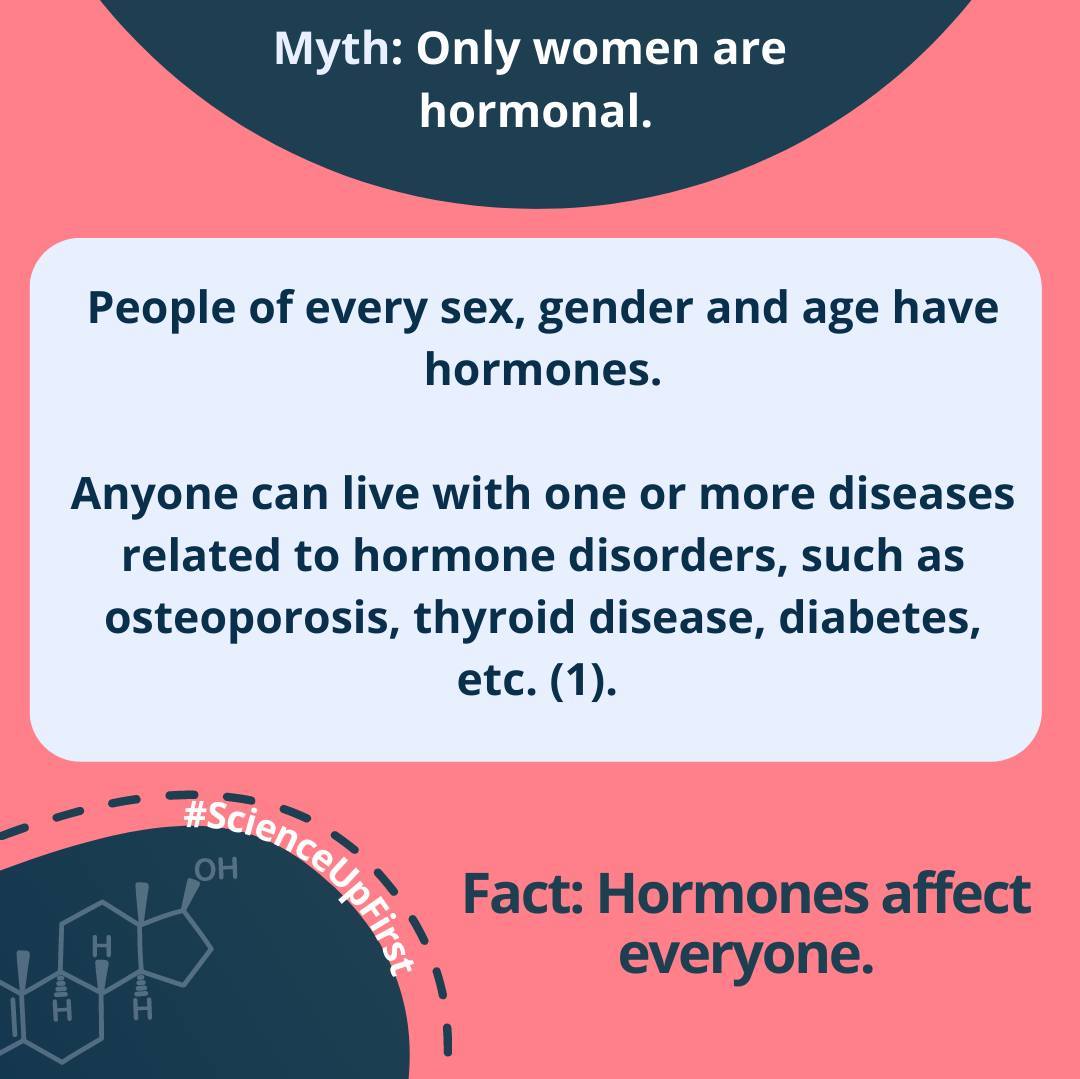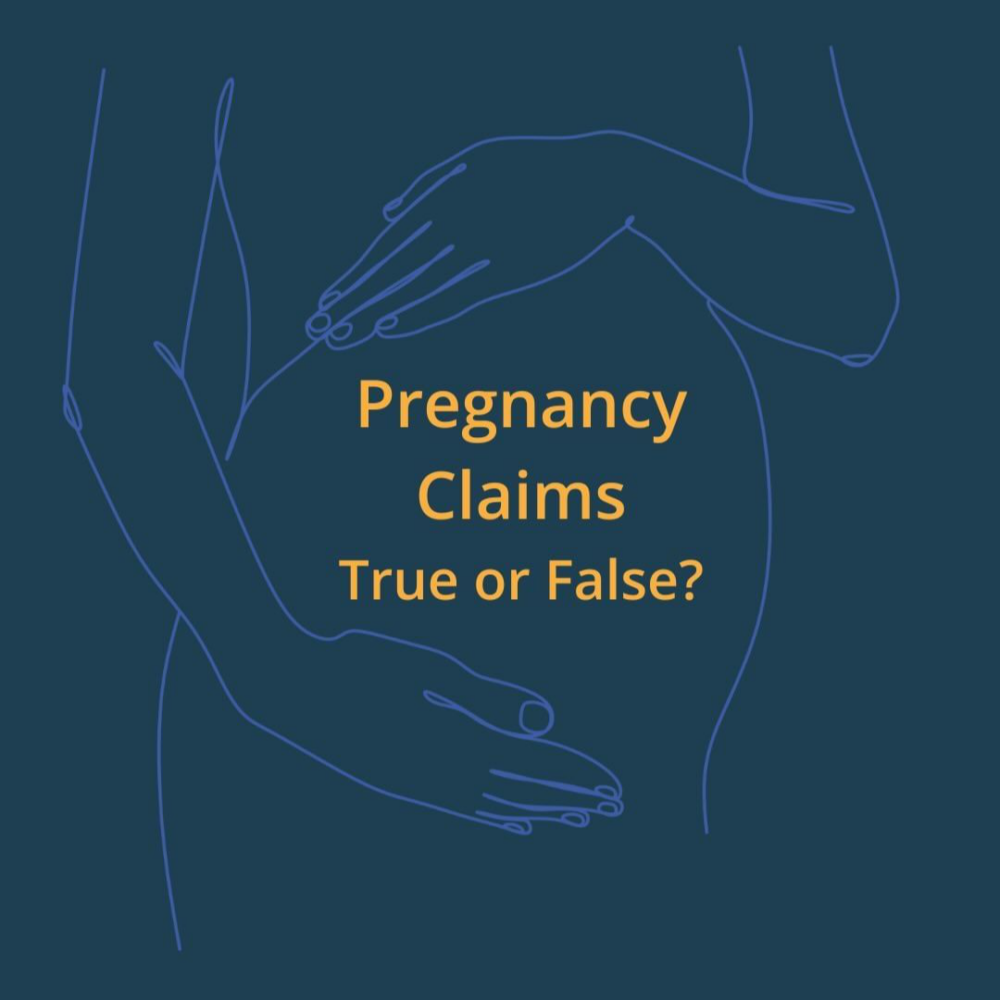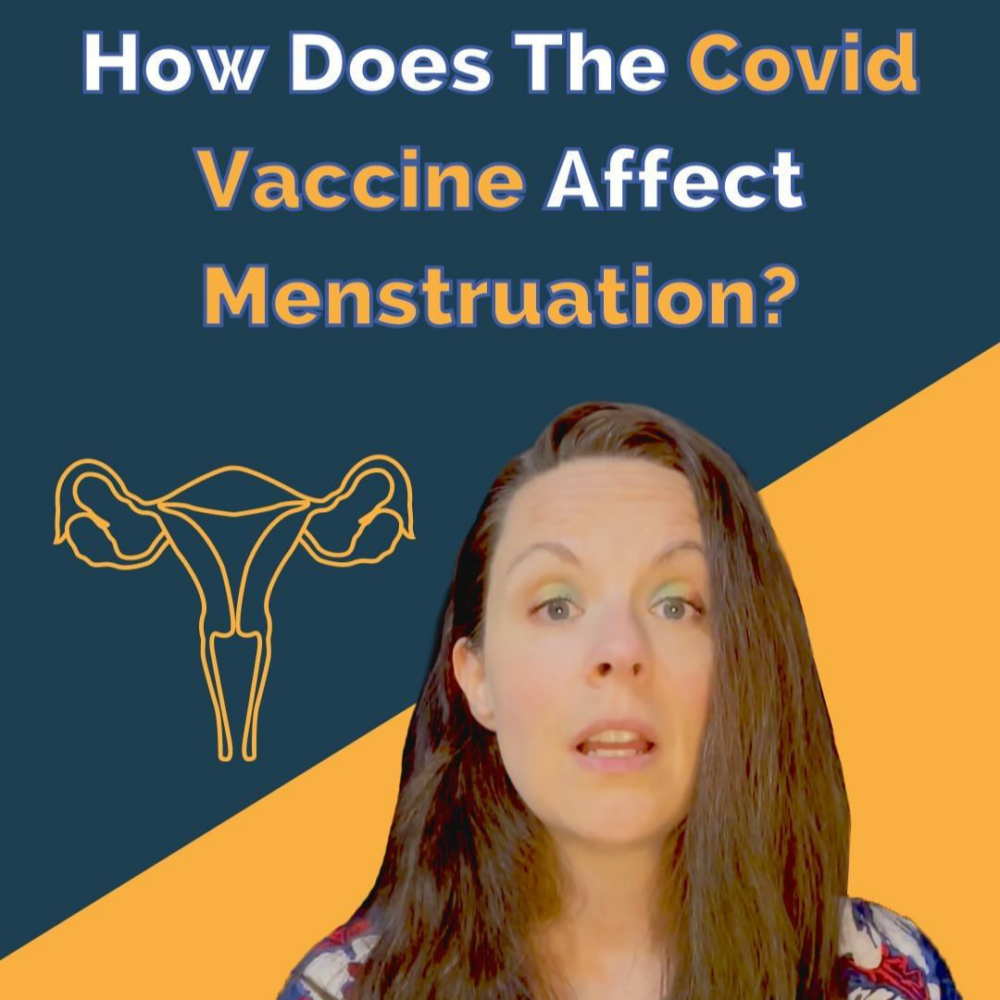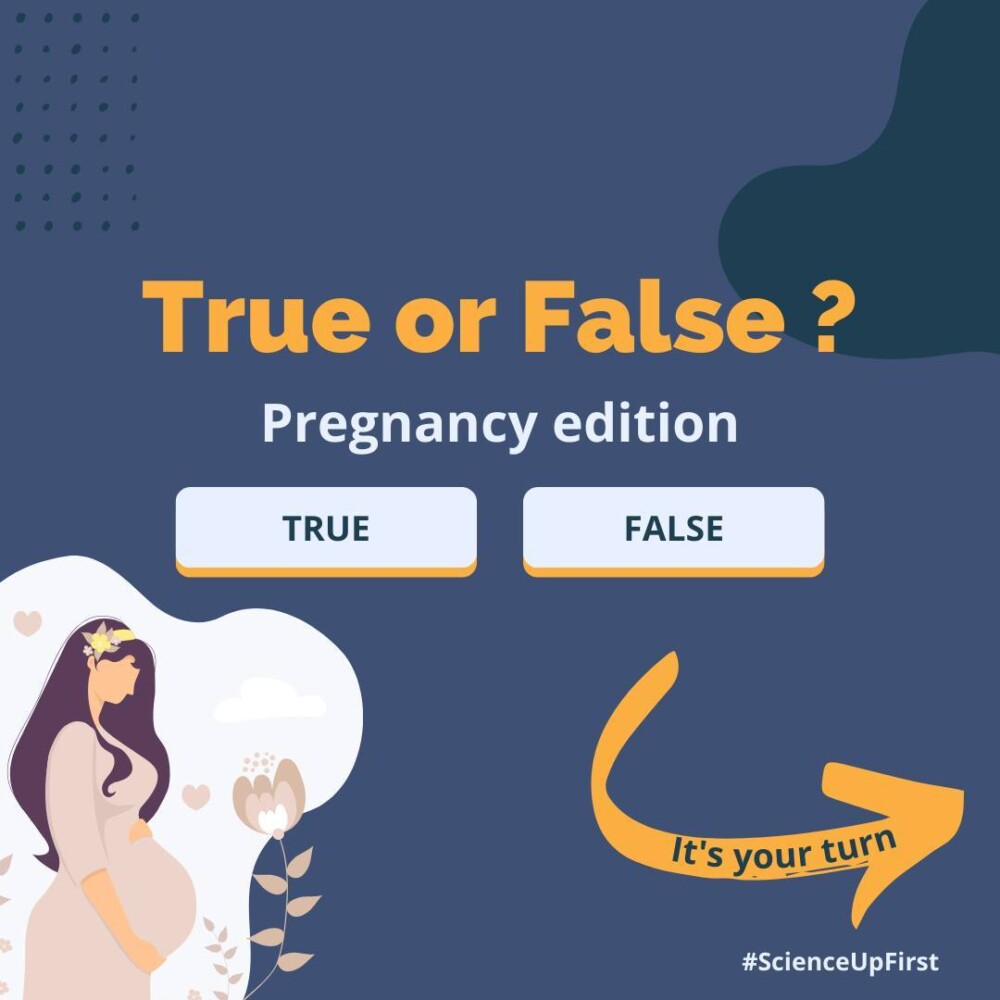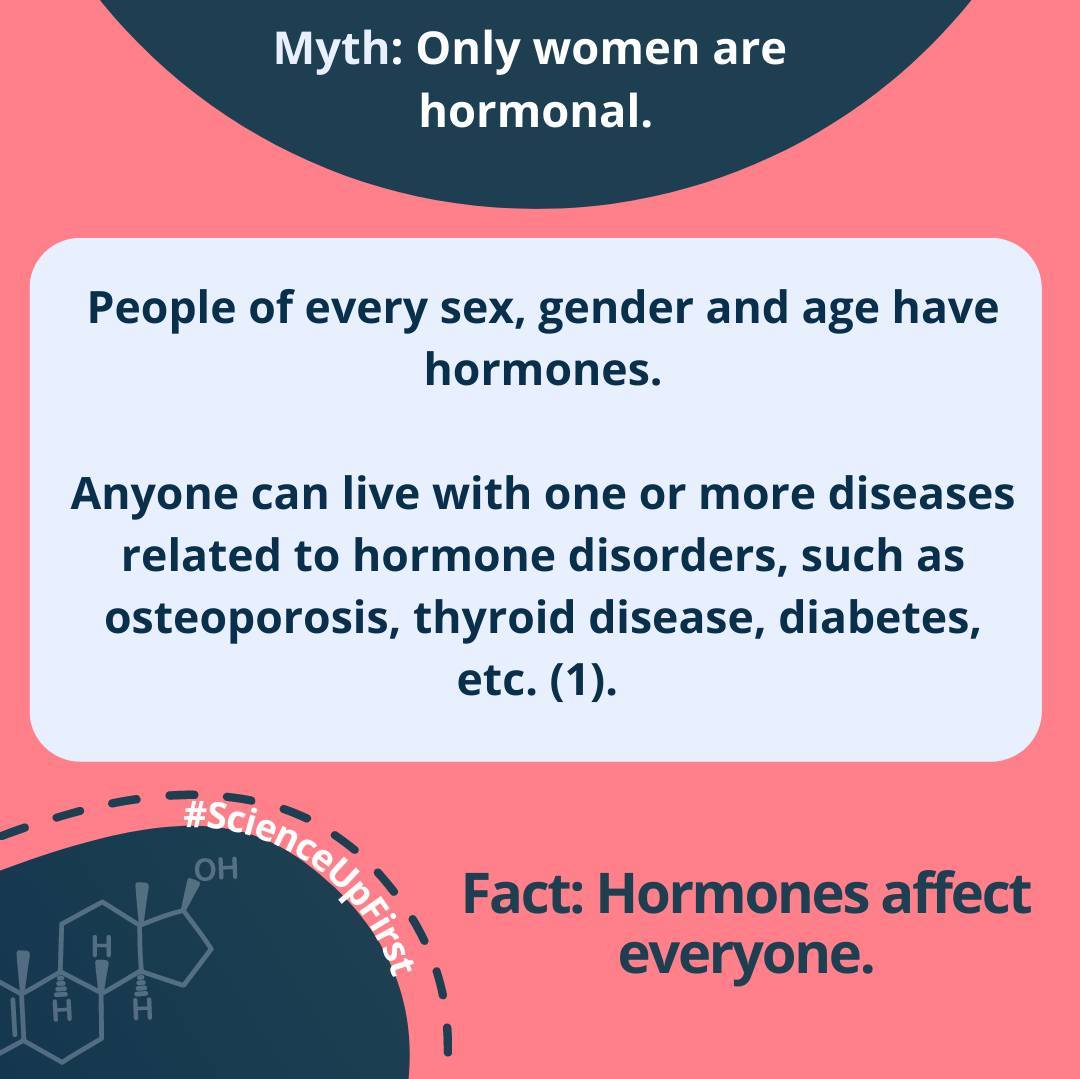
Women are often painted as the only folks who get “hormonal”, but hormones are everyone’s concern.
Hormones are essential to your body’s proper functioning and play a big role in your health and well-being (2). People of all genders have relatively the same hormones, but their production site, concentration, and target action might differ (1).
When certain hormones are over or underproduced by the body it can result in symptoms and significant health issues. People of all genders can experience hormone disorders such as testosterone deficiency, osteoporosis, thyroid diseases, diabetes, etc (1,3,4). With over 50 hormones identified in the human body, there is unfortunately no single symptom that can clearly point to a specific hormonal disorder. Changes in your hormones can affect your metabolism, your sexual life, your weight and even cause anxiety (2).
Your hormones can vary naturally throughout your life. These changes can be temporary or might need treatments. Hormonal changes can also arise from other more serious diseases. That is why, if you suspect you might have a hormonal disorder, you should talk to a healthcare provider (2).
Share our original Tweet!
View our original Instagram Post!
View this post on Instagram
- Gender in Endocrine Diseases: Role of Sex Gonadal Hormones
- Hormonal Imbalance: Causes, Symptoms & Treatment
- Higher Prevalence of Type 2 Diabetes in Men Than in Women Is Associated With Differences in Visceral Fat Mass
- Is Osteoporosis Genetic?
- Hormone therapy: Is it right for you?
- The dangers of compounded bioidentical hormone replacement therapy
- Using HRT (Hormone Replacement Therapy)
- Hormone Therapy: Benefits & Risks
- Bioidentical Hormones: Therapy, Uses, Safety & Side Effects
- Bioidentical hormones: Are they safer?
- Misinformer Tactic: Appeal to Nature | FR : Tactique de désinformation: l’invocation à la nature

